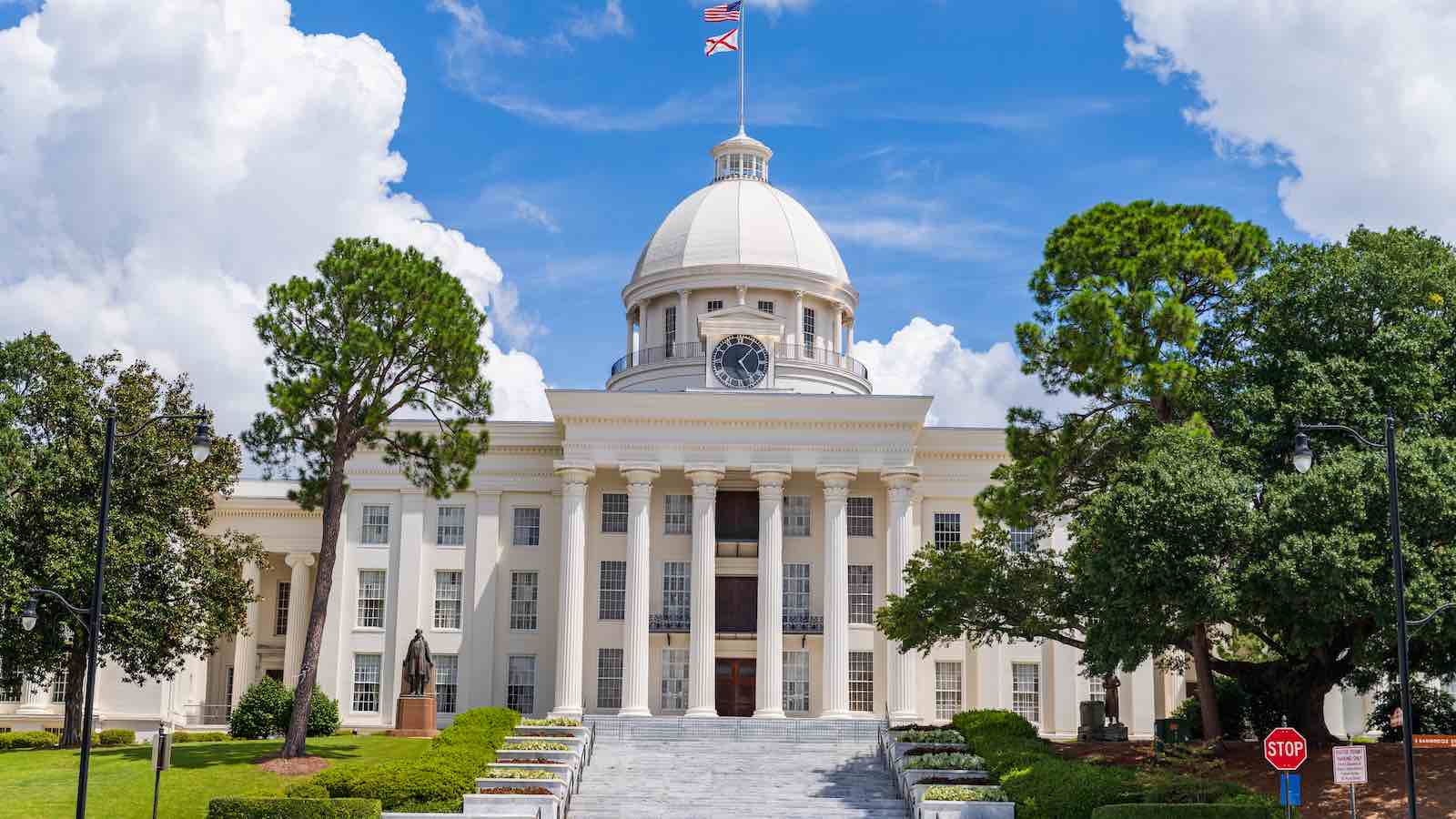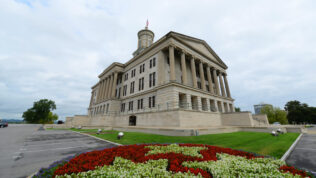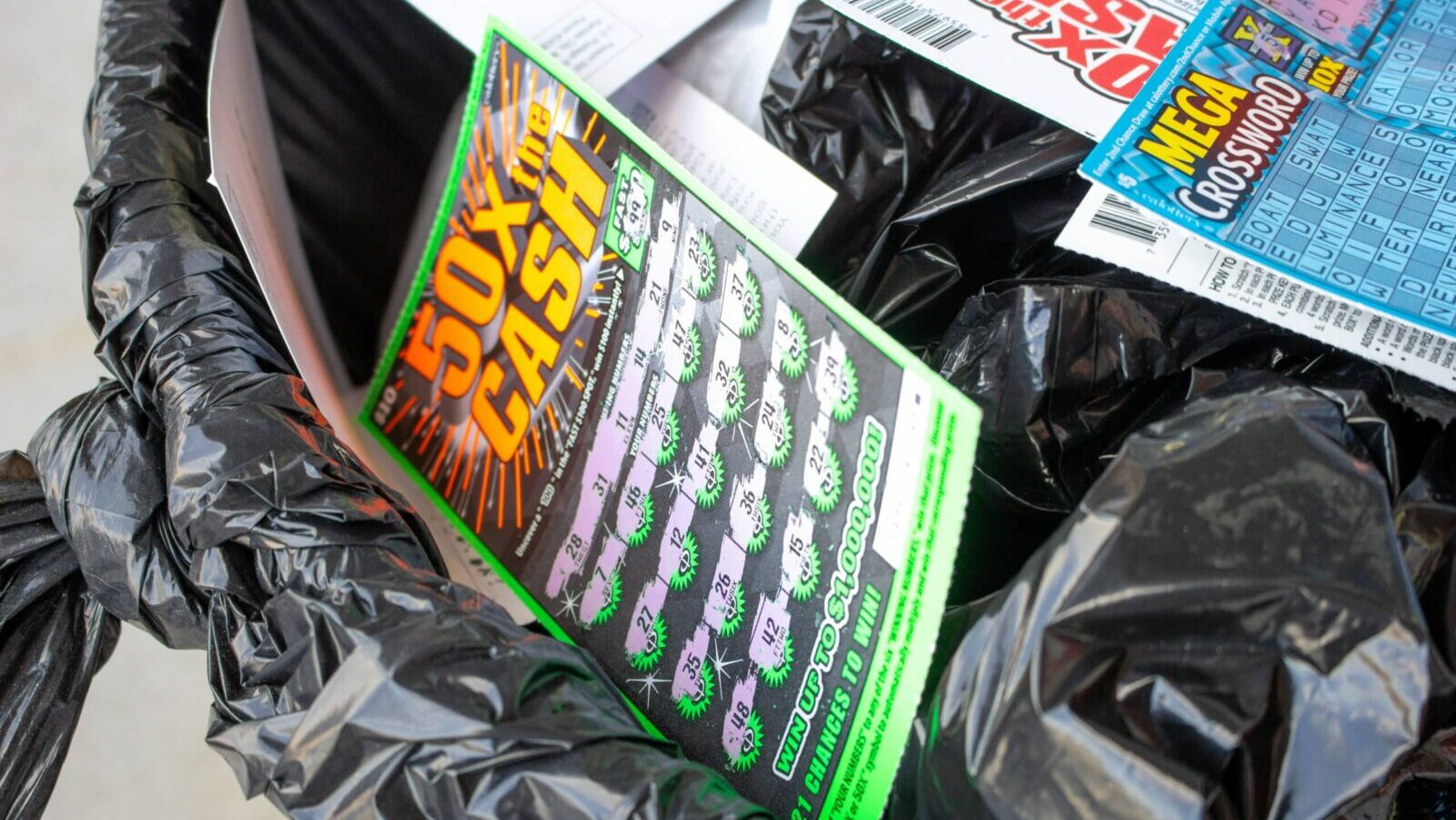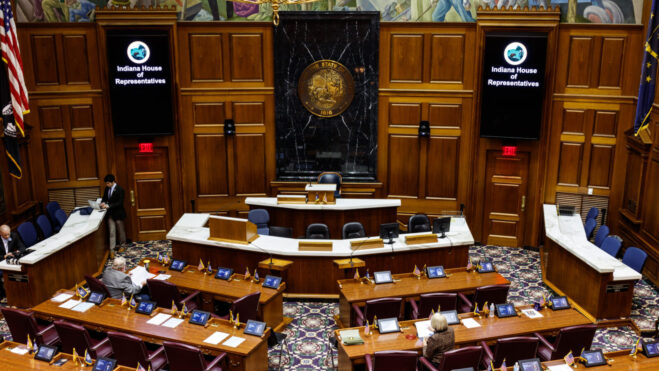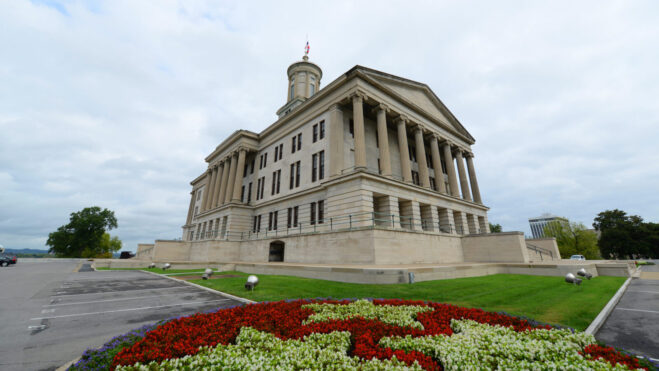Lawmakers in Alabama, one of the United States’ final five state lottery holdouts, is continuing to progress on Wednesday with a plan to let the voters decide in November on whether or not to implement a state lottery.
The pair of bills that would usher in not only a state lottery but also traditional casinos and casino games, plus online and in-person sports wagering, HB 151 and HB 152, have significant political capital driving it. Republican Governor Kay Ivey initially voiced her support for the measures during her Feb. 6 State of the State address.
“I believe the current proposal being contemplated by the Legislature is good for Alabama,” Ivey said, “and I will be carefully watching it move through the process. It will crack down on illegal gambling, and it will responsibly regulate limited forms of legal gaming, including a statewide lottery. Thank you to Speaker (Nathaniel) Ledbetter and his leadership team for their hard work on this. Now is the time for Alabama voters to have another say on this issue.”
Down this road before
The last time Alabama voters had their say about enacting a state lottery was a quarter century ago in 1999, when the State Lottery Act via Amendment 1 fell by a margin 54 to 46, where a simple majority was needed.
This time around, with the support of Speaker Ledbetter and Gov. Ivey, Rep. Chris Blackshear (R-80) and Rep. Andy Whitt (R-6) introduced HB 152 last Thursday on Feb. 8.
Then at a public hearing on Tuesday, Feb. 13, the legislation attracted an equal number of public comments from proponents and detractors.
“We have more than 150 pages of painstaking detail about how to protect gambling businesses and virtually nothing to protect Alabamians,” said lobbyist Preston Roberts on behalf of the Alabama Farmers Federation, which opposes legalized gambling.
First speaker Holly McCorkle, Executive Director of the Alabama Council for Behavioral Healthcare, supports the bill. Says revenue could help fund behavioral health services in the state. pic.twitter.com/FONL1OEfPe
— Maddie Biertempfel (@mbiertempfel) February 13, 2024
Of course, enacting a state lottery might be the least controversial component of the gambling regulation package, though it would be among the most impactful from a state revenue generation standpoint.
According to projections released by Reps. Blackshear and Whitt, annual revenues for each kind of gambling would figure at approximately:
- Lottery: $194 million
- Casinos: $298 million to $422 million
- Sports betting: $10 million
- Compact with Poarch Creek tribe: $300 million
The bills would establish an official state lottery, administered by a public lottery corporation, to oversee a state lottery that could include multi-state lotteries and instant, or scratch-off games. And the legislation would earmark revenues for a Lottery for Education Fund that would support various educational initiatives including the establishment of two-year community and technical college scholarships.
Let the voters vote
“We’ve kicked the can down the road too long,” Blackshear said. “All we are trying to do is put a good package together that allows the citizens of Alabama to decide what they want. Ultimately, their votes decide.”
“Our goal here is to run the bad actors out of the state,” Whitt said, speaking more broadly about the casino and sports wagering elements of the proposal. “Above all we believe the people deserve the right to vote on this issue.”
While 1999 was the last time the lottery question reached the voters, other lawmakers have made efforts in more recent sessions, including in 2022 when the Alabama Sports Betting, Casino Gaming, and Lottery Amendment failed to clear the 60% threshold in both legislative chambers in order to qualify as a ballot referendum for voters.
This time, the story is trending a bit differently and considering how political forces have coalesced, it may well make it to November, which will coincide with the first football season in 2006 without Nick Saban at the helm for the Crimson Tide.
“Gaming will work in Alabama and it will be worth it,” State treasurer Young Boozer told the committee on Tuesday, per the Associated Press.
Boozer added that Alabama is “late to the game” on legalizing gambling, noting that 45 states have lotteries and most also have some sort of casino gambling. Another hearing is set to take place on Wednesday at 3:00 p.m. before the House Economic Development and Tourism Committee, at which time passage of the measure is expected.
From there, the bills would head to the full House floor for consideration and would need to gain 60% support to advance over to the Senate.

